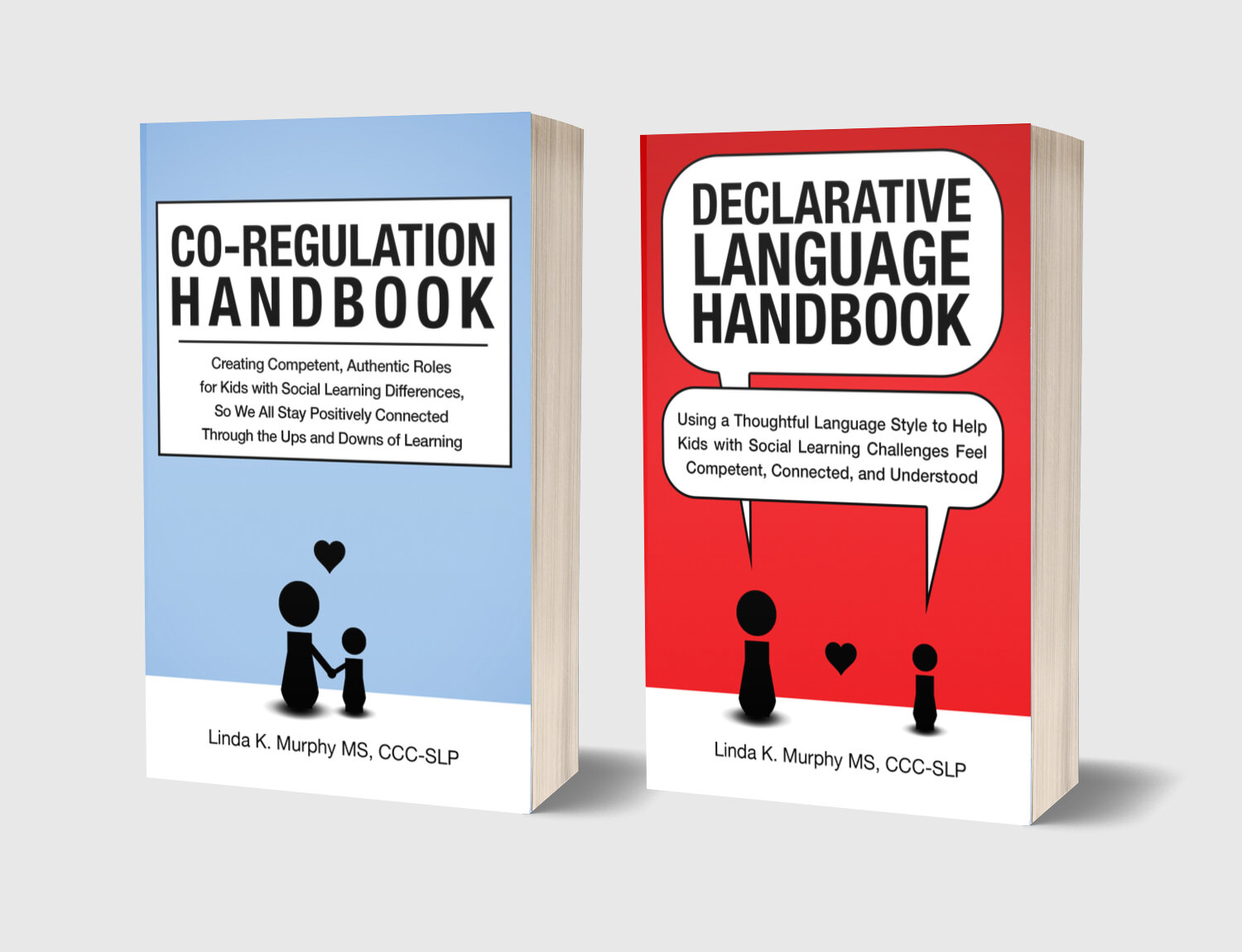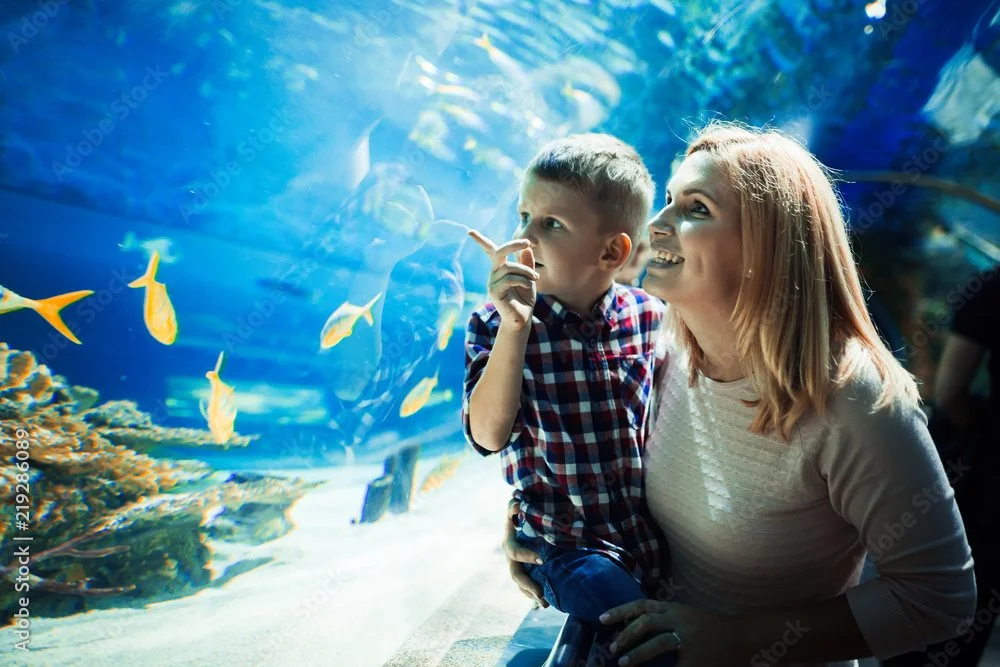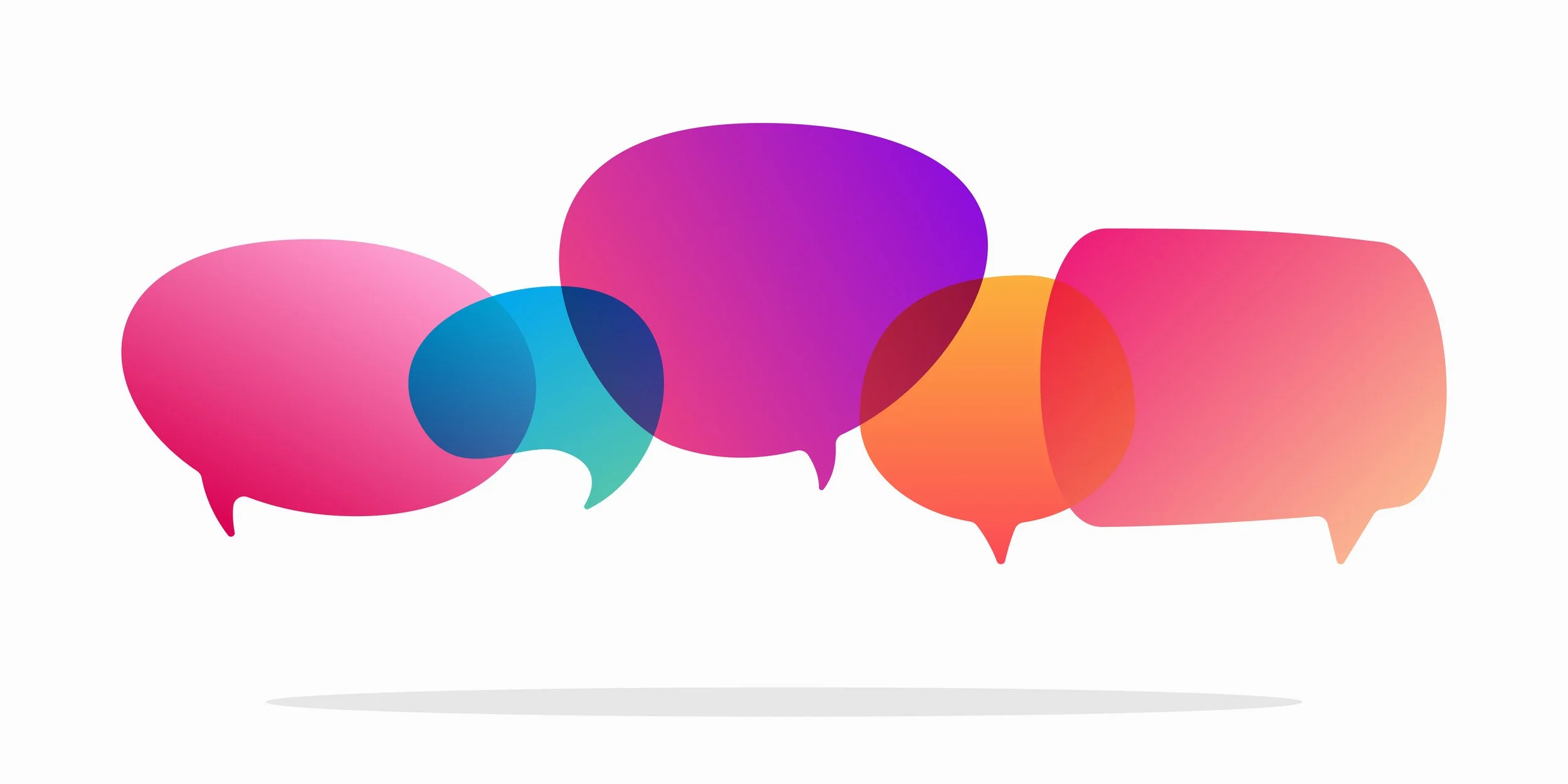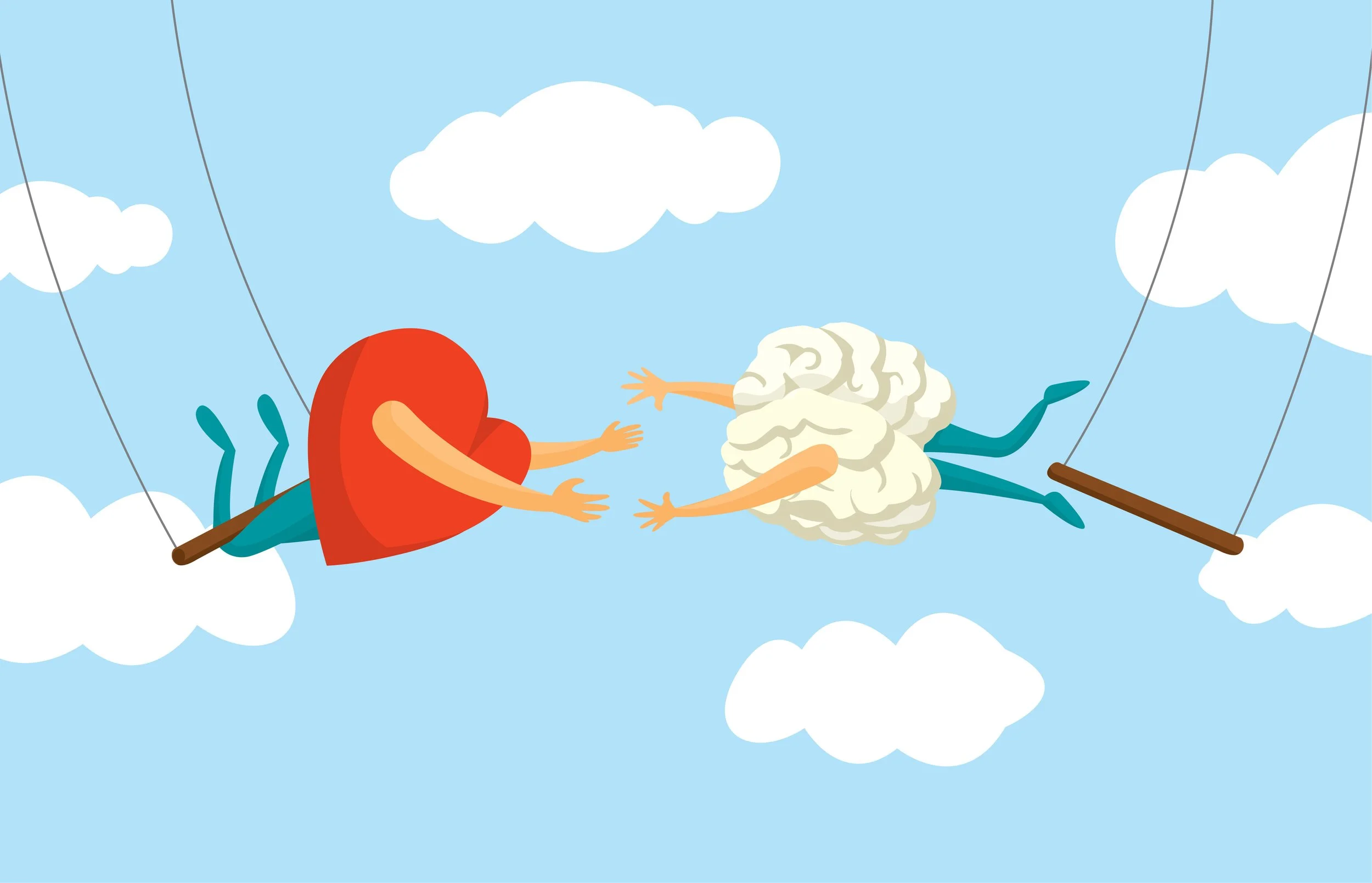When “I wonder…” Doesn’t Work
In a post a few weeks ago I shared some successful examples of educators using declarative language. As promised, I now want to get into some examples where declarative language didn’t seem to work, and the educator felt stuck.
Here are three such examples, all with a similar theme.
Example 1
I tried to do some "I wonder" statements today . . . then the child told me "I don't care what you wonder". So, there's that! ;)
Example 2
I said, "I wonder what will happen next?" and then needed to continue to provide other statements for the student to engage with me.
Example 3
When I try to bring (I think you called it episodic memory) of a past event up as an example for a student, he often gets "defensive" (for lack of a better word).
For example, I said, "P., I remember that yesterday when you didn't understand what B. was saying, you ran to the break area, and it didn't help solve your problem. I wonder what did help solve your problem?", and P. responded: "No. I didn't do that."
When this happens, I stay silent to let him process and decide on a different response, but I am not sure if it is the best approach.
The common thread across each of these examples is the phrase I wonder, of course!
Sometimes we can wonder out loud, and it goes well. Our learner engages alongside us as we share curiosity about something together.
Or, perhaps they take the lead in problem-solving or predicting after we invite them to, with our “wondering”.
However, other times when we “wonder” out loud, we experience pushback (Examples 1 and 3 above) or inertia (Example 2), and we may feel unsure what to do next.
Here is what I want you to remember:
Pushback and inertia are important cues for us!
They are signals to pause in the moment, turn our lens inward, and reflect on the demand we may be placing on our learner in that moment.
In my experience, pushback (fight/flight) and inertia (freeze) are stress responses to (1) uncertainty, (2) worry about not being competent, and/or (3) feelings of discomfort. So… if you feel pushback or observe a learner “freeze”, it is often because they felt you push them at a pace and/or force that took them too far outside their comfort zone, or beyond their realm of knowledge and experience, at that specific moment in time.
Importantly, remember it’s not about what the learner “should” be able to do because they’ve done it before. It is about what skills or knowledge they can successfully access at that moment in time. Please see #5 of DL & CR Guiding Principles for more information on this idea, because it is nuanced and important.
So now…
What should you do in that moment? The moment where you feel the pushback or observe inertia?
First, recognize that, at that moment, your learner needs some support or scaffolding around the learning opportunity at hand. Then, shift your mindset and actions from GET (trying to get your learner to do something, to say something, to think of something, etc.) to GIVE (giving information, sharing ideas, sharing wisdom, sharing memories, offering partnership). Then GIVE by thoughtfully offering more information or guidance using declarative language and/or by establishing co-regulation in that moment.
You can also GIVE by being quiet for a few moments, to allow your learner time to process any new information, and to allow you both time to consider next steps.
As you shift from GET to GIVE, it will help reduce your learner’s stress response. This in turn helps them shift from guardedness to openness. They will gradually become open to your guidance, and open to learning what they might not yet know, as information is thoughtfully and respectfully delivered.
Okay, but what do I say???
To illustrate this process, below are possible responses to the above examples.
Note: Because I find it most helpful and effective to be very specific about the context when troubleshooting, I created hypothetical situations for Examples 1 and 2.
Example 1
Educator: I wonder what we need for this art project!
Student: I don’t care what you wonder.
Educator: I hear you. Thanks for telling me! Instead of wondering, I will just share what I remember. I remember the last time we did an art project like this, we needed scissors, markers, and paper. I’ll grab those materials for us, and then we can decide together what to do from there.
Example 2
Educator: I wonder what will happen next in our schedule…
Student is quiet for several seconds.
Educator: Hmmm .… Well, I’m looking at the clock and I see that it is 10:00. I remember we have snack every day at 10:00, so I’m thinking it’s time for snack! I can help you get yours if you’d like.
Example 3
Educator: P., I remember that yesterday when you didn't understand what B. was saying, you ran to the break area, and it didn't help solve your problem. I wonder what did help solve your problem?
Student: No. I didn't do that.
Educator: We may remember things differently. That is okay. But, what I think will help solve this problem right now is to ask B. to repeat what he said, so we can both hear it again. I’ll ask him this time, and if you want, next time you can be the asker. B., could you say that again for us? We didn’t hear what you said.
Each of this shifts from GET to GIVE, uses a combination of declarative statements and co-regulation in the moment.
You are balancing the pieces to provide your learner the information they need, while creating a competent role for them, in partnership with you.
As illustrated in Examples 1 and 3, when a learner’s guard is up, simply creating space for them to be a “watcher” or observer, is often a successful and safe competent role. While your learner observes, you can then model what it is you’d like them to learn. Even though they are not “doing” that thing right now, trust that they are taking it in.
Any trouble spots of your own that you’d like help with? Leave your example in the comments!
Have a great week!
If you like my Sunday Snippets of Support, you can receive them directly to your inbox here.









